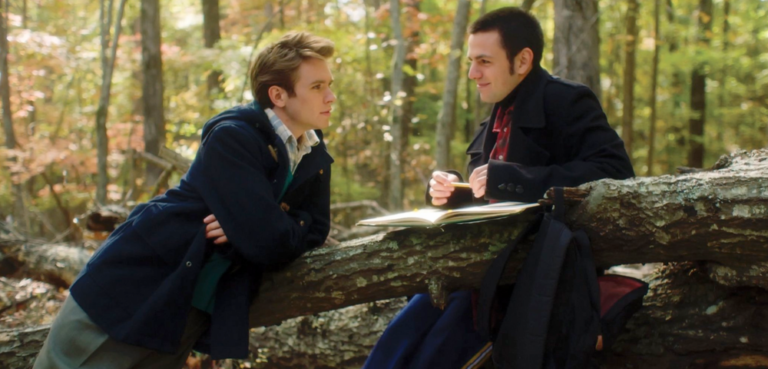
Let’s talk about sex
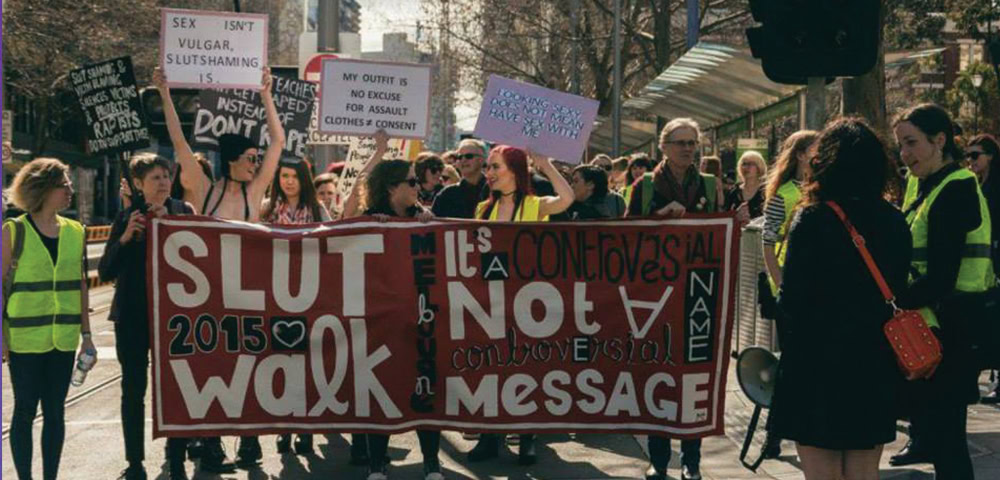
WHEN Nic Holas first started advocating for the HIV-positive community while he was doing porn, he angered a lot of people.
He was flooded with disparaging comments online telling him he had no place speaking for the HIV-positive community, especially because of the condomless — or bareback — porn films he starred in.
[showads ad=MREC]“Because I was accurately reflecting a form of sex I have in my personal life, people felt that I was somehow promoting unsafe behaviour,” he says.
“When in reality, the sex I have as a HIV-positive man is no more or less safe than if I was using condoms.”
Sex is at once both hungered for and vilified. As we grow up, we’re surrounded by it: it’s in our sexually-saturated media, our hushed conversations in the schoolyard, and the classic Salt-N-Pepa song from 1991 we still dance to from time to time.
However, as soon as we start to engage in sex and enjoy it, we run the risk of being slut-shamed if we talk about it with the wrong person or group.
The word “slut” has developed over time to hold negative and stigmatising connotations, and it’s hurled casually at people whose sex lives deviate from what is considered by many to be the norm. That is, sex lives that are not within committed, monogamous relationships or for the purpose of pro-creation.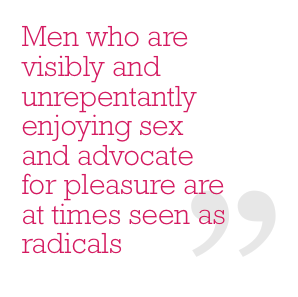
Women face sexism and misogyny regularly, and are often fed the message that their body is what gives them capital, their worth. Yet when they seek pleasure and own their sexual identities, they’re slut-shamed.
Meanwhile, LGBTI people are often characterised by their connection to sex and sexuality, so slut-shaming in both overt and subtle ways is inevitably encountered on a regular basis. Especially if, like some women, they lead active sex lives with multiple partners.
Dr Lauren Rosewarne is a senior lecturer in the School of Social and Political Sciences at the University of Melbourne. She writes on sexuality, gender, and feminism, and believes slut-shaming is a problem faced by anyone who isn’t a cisgender, heterosexual male.
“Heterosexual males are rewarded for having lots of sex and celebrated as a stud, while everyone else gets judged, demonised, and penalised for their sexual expressions,” she says.
“Non-heterosexuals, as well as those not associated with binary gender labels, are invariably defined by their sexuality in ways that straight people aren’t.
“This leads to extensive demonising based on what they do under the doona.”
This stigma can often manifest from within the LGBTI community, too — from the archetypal romance narratives in film telling them that for true fulfilment they need to settle down with a partner, to the relatively taboo nature of sex-on-premises venues.
Rosewarne also highlights the immense slut-shaming faced by bisexual people.
“Bisexuals are commonly stereotyped as being sexually over-indulgent and being unable to sufficiently temper their desires and limit themselves to one gender,” she says.
“Which, apparently, is the decent thing to do.”

Holas — who recently retired from pornography and is the co-founder of The Institute of Many, a peer-led social advocacy group for HIV-positive people — believes slut-shaming within the gay community has a long history, particularly during the AIDS crisis and with the rise of HIV.
“Sex has been a huge part of our community since we started to identify and out ourselves, and many people are intimidated by the way that some gay people talk about sex and own their sex lives,” he says.
“Now, you’re much more likely to be slut-shamed by another gay man.
“Over the years a deep, culture-wide fear of contracting HIV and what getting HIV means has created a kind of complex and inherited anxiety around pleasure and sex. Gay sex has been pathologised.
“One of the problems is that the men who are visibly and unrepentantly enjoying sex and advocate for pleasure are at times seen as radicals.”
While Holas was doing condomless pornography, he openly discussed the fact that he was HIV-positive and a HIV activist. He says he lost count of the number of people in the gay community who had something to say about it.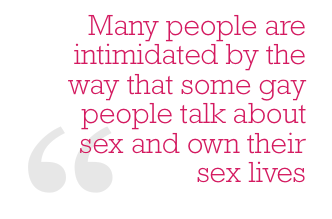
“It was used as a weapon against me, what many considered to be a bad dual career,” he says.
“Because I dared to advocate for the HIV community and celebrate my sexuality, it pissed a lot of people off.
“Gay men have become so terrified of our sex lives because it’s become so stigmatised.
“The need to authentically live within that HIV-positive space became even more apparent through this. I live my life as a gay man authentically and unapologetically.”
Jane Green has been a queer sex worker for 20 years and is the Vice President of Scarlet Alliance. She says clients often ask her intrusive questions about her personal sex life, having made assumptions about her sexuality.
“When I say that I’m queer, people feel like they can tell me that I must be heterosexual, because most of my clients are men,” she says.
“There’s even this idea that as a queer sex worker you’re somehow a danger to other sex workers. People don’t want to do bookings with you because they think you’ll ‘turn them’.
“On one hand it’s very offensive, but on the other I just laugh it off — apparently I’m that good.”
Melbourne recently played host to the annual Slut Walk, a march through the city streets in protest of the slut-shaming and victim-blaming culture around rape that permeates society.
Green delivered an impassioned speech at the rally to hundreds of supportive protestors about her experience as a survivor of childhood sex abuse. She says a lot of the slut-shaming she has received has been a result of people having set ideas about why she entered the profession.
“There are a lot of common tropes. One is that sex workers enter sex work because they’ve been victims of sexual assault, or that they have voracious sexual appetites and have to become sex workers,” she says.
“Obviously none of these things could be true of all of us… I used to be an accountant, and it was no more relevant to these things than my job as a sex worker.
“There’s also this idea that sex workers are very overt in their sexuality and very free with their sexual favours. But if you think logically, we charge people money to have sex, so we’re often more discerning with who we have sex with for free.”

Trans women are also not immune to experiences of slut-shaming.
Transgender Victoria executive director Sally Goldner recalls reading an article a while ago that said 80 per cent of gay and lesbian people wouldn’t have a relationship with a trans* person.
“Notions then were certainly boxed in gender, and if you didn’t fit a label you didn’t get the relationship. You got negativity against trans* sensuality,” she says.
“But like so much on trans and gender diverse, things have begun to change for the better.
“Sex education in schools needs a lot more information around sex positivity.”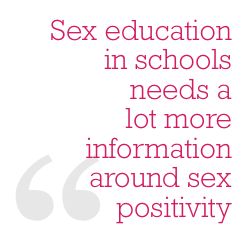
While trans* identities are about gender and not necessarily about sexuality, Goldner believes trans* people are still slut-shamed as a way to further marginalise the community.
“Because trans* people are demeaned by society, the idea of a trans* person being assertive and confident and powerful in any part of their life including sex probably challenges some people, just as any woman who is confident about sex would,” she says.
“There are hierarchical prejudices, and I think slut-shaming adds a layer on top of the stigma already faced by the trans* community.”
We’re surrounded by sex, yet we’re judged for having it: the ultimate double standard.
By having a more open dialogue around sex and continuing to advocate for sexual lifestyles, LGBTI people may help tackle slut-shaming coming from both outside and within the community.
____________________________
**This article was first published in the November edition of the Star Observer, which is available to read in digital flip-book format. To obtain a physical copy, click here to find out where you can grab one in Melbourne, Sydney, Brisbane, Adelaide, Canberra and select regional/coastal areas.
[showads ad=FOOT]

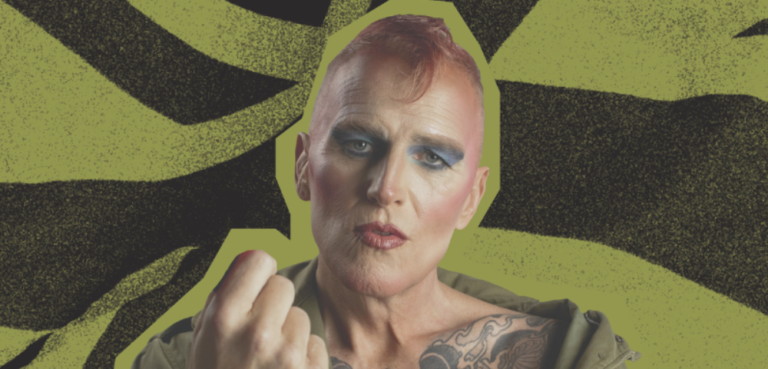



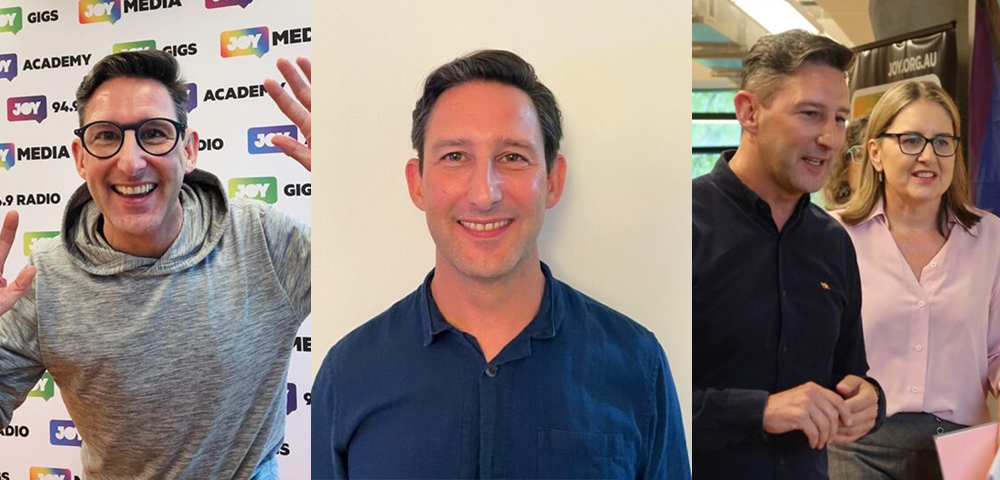

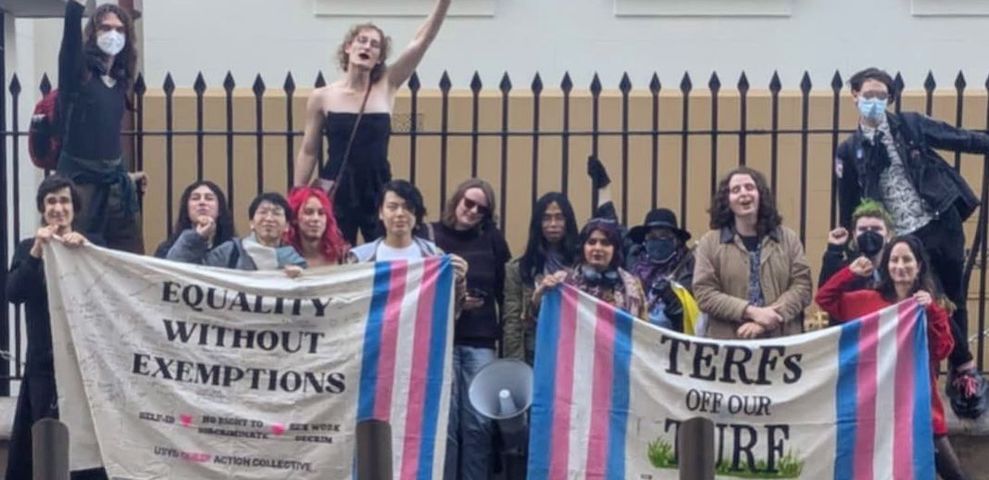



Do people still really think that Women should not enjoy sex and if they do they should be branded as “sluts”? How F@#$%&G absurd is that? In this day of alleged Gender equality (marriage between same gender couples excepted) we should all be able to enjoy, to the fullest, every aspect of our lives & that includes taking part in one of the most basic instincts known: SEX. I/we have always enjoyed it and, hopefully, always will with the ultimate part of having sex being that wonderful, tense feeling just before orgasm. Not that I can speak for women but I imagine that feeling is the same for them as it is for men.
Want sex? Have Sex and if it doesn’t work out with one it will with another. But above all, Enjoy it and make no secret of doing so!